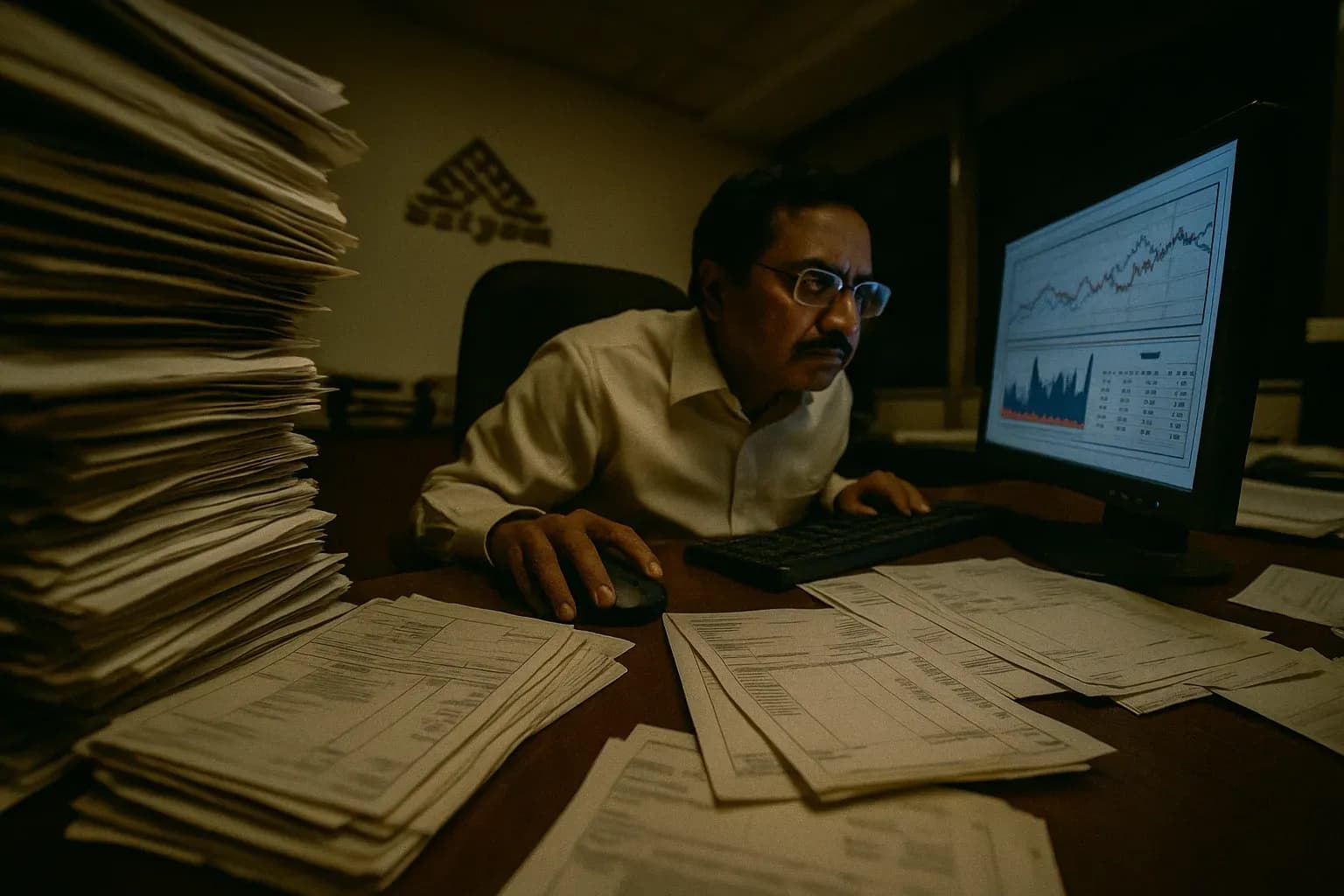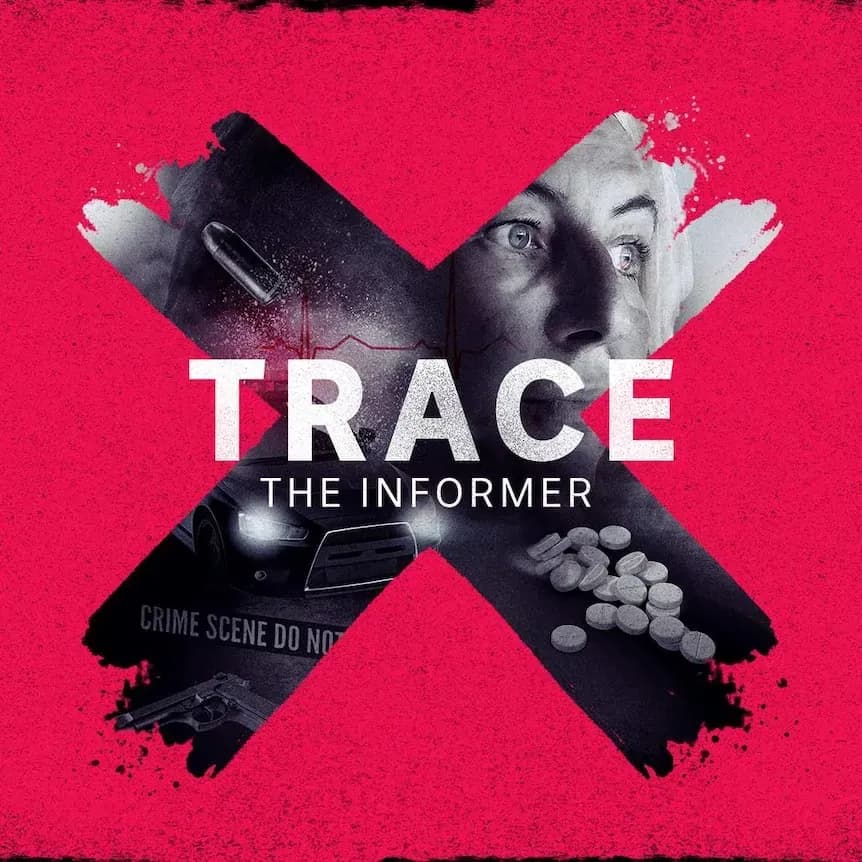
False confession
Understanding the phenomenon that puts innocents behind bars
Why do innocent people confess? Understand the psychological traps and fatal consequences of false confessions that shake the justice system and lead to miscarriages of justice.
Understanding the phenomenon that puts innocents behind bars
What is a false confession and its threat to justice
In true crime, a false confession is a statement in which an individual accepts blame for a crime they are actually innocent of. This phenomenon poses a fundamental threat to justice and can result in a catastrophic miscarriage of justice, where an innocent person is convicted while the actual perpetrator escapes punishment, and the case thereby remains unsolved concerning the true culprit. Although it may seem counterintuitive for someone to confess to a crime they did not commit, several complex reasons lie behind false confessions, making them a deeply troubling yet central element in many criminal cases and subsequent trials.
Why innocent confess: Pressure, manipulation, and vulnerability
The reasons a person gives a false confession are manifold and often involve a complex interplay of factors. Intense psychological pressure during lengthy police interrogations, where manipulative techniques are used, can break down an individual's resilience and critical thinking. Vulnerable individuals – such as young people, those with mental health challenges, or persons with low intelligence – are at increased risk of succumbing to this pressure. This can occur to escape a stressful interrogation situation, in the misguided hope of receiving a lighter sentence, or because, under police methods and sustained pressure, they become convinced of their own guilt. In rarer cases, a false confession may also be given to protect someone else, typically a loved one, or out of a desire for attention.
False confessions: From injustices to system mistrust
The significance of false confessions within the true crime genre and for the justice system cannot be overstated, as they are often a direct cause of tragic miscarriages of justice and reveal serious weaknesses in the legal system. When a false confession is uncritically accepted as evidence, it can halt the investigation of other vital leads and potential suspects. This not only harms the wrongly convicted individual, whose case leads to an erroneous judgment in a trial, but also undermines public safety and trust in the administration of justice. Understanding the dynamics behind false confessions is therefore essential for investigators, legal professionals, and the public. It underscores the importance of critical case management, thorough and independent evidence collection – even when a confession exists – and stringent protection of individual rights during any interrogation. The complexity of false confession cases continues to challenge efforts to ensure a fair trial for all.
Did this pique your interest? Delve into real-life cases of false confessions where psychological pressure and systemic failures led to tragic miscarriages of justice – find our compelling cases below.
Posts Tagged “False confession”
21 postsShowing first 20 of 21 posts. Use search or filters to find more.



















